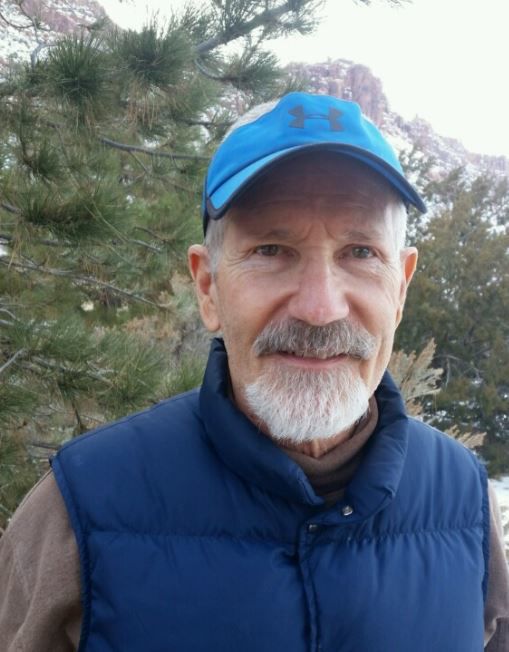Some information may be outdated.
I am terrified at the prospects of the High Density Overlay (HDO) being recommended by the county’s planning and zoning committee.
I grew up convinced that the Colorado River by Moab was paradise. In 1984, I finally escaped Salt Lake City with a job offer from Four Corners Community Behavioral Health. I searched for a place to settle and desired the remoteness of the edge of town with an unparalleled view.
My plan became one to create a small homestead at “Angel Heights” and transform the barren area into a garden, orchard, animal habitat and forest. I have committed my efforts and resources to life in my home and this community. You might say that all my eggs are in one basket.
Moab is growing and my neighborhood around Rimrock Road has developed.
My neighborhood, along with Roberts Road and the surrounding area, is zoned agricultural and residential one. This means one residence per acre with the allowance of an accessory home. Most of the lots, on average, are 2 acres. That would allow a four-fold increase to density, or approximately a home every half-acre. By my standards that is crowded. I believe that if the neighbors with a vested interest wanted to subdivide, it would be done in a more respectful manner.
The neighborhood currently has decrepit mobile homes that are abandoned, which are owned now (or soon) by children who have settled elsewhere, and a few large undeveloped lots. The money that might be made by selling out to a HDO developer could be a compelling reason to sell with no regard for the neighborhood.
The prospects of increased traffic, noise, light pollution and the disruption of the fallow land habitat of animal life all seem horrifying. The whole quality of my future seems at stake.
As soon as we neighbors became aware of the proposal we attended planning and zoning meetings to express our fears. The earlier public notices were not effective in warning us, and since initially we weren’t present, the stakeholders who had been instrumental in the plan’s early formation had already laid the groundwork for the HDO.
In all but a couple of the numerous planning and zoning meetings that my wife or I attended, the stakeholders who laid the HDO groundwork were absent. I would surmise that their primary economic incentive — the commitment to creating the HDO in areas with existing infrastructure — had already been achieved.
As it has evolved from its initial presentation, the specific goal of “affordable” housing has been omitted and it is now “accessible, primary residential” housing that allows a portion of the development to be free market.
When distilled down to the reality of this proposal, it appears that the creation of more accessible housing for the current residents of Moab (who may neither afford nor desire it) as well as those future, nonexistent, hypothetical persons, will come at the expense of those here-and-now residents.
This is to be done by allowing builders to maximize their profits by upgrading existing infrastructure in lieu of working from scratch. This is largely planning for the welfare of hypothetical persons while degrading the living conditions of current residents and neighbors. A better win-win solution can be created.
The assumption that increasing the housing density will translate to affordable housing is unfounded, and since this proposal poses radical changes for the targeted neighborhoods, high density housing ought to be placed in areas where there are compatible neighbors.
Insisting that the HDO is near the highway or Spanish Valley Drive assumes that these prospective new residents won’t as easily be able to get to work as the rest of us.
In my chosen profession, one axiom is: “First do no harm.”
When people enter into an agreement, well informed of the stipulations, there are expected outcomes. Where people choose a given lifestyle and living conditions, and then these elements are put into jeopardy by governmental powers there is a disheartening alienation from the democratic process.
We are in an age of extreme pessimism toward the national and state government. People are trying to salvage the connection between advocating for what they take to be in their own best interest and to have actual effective influence on local governmental decisions. That’s democracy.
The apparent intention of shaming those who don’t go along with proposals regarding their own neighborhoods, which are not actually needed for the greater good, is an undermining of the democratic spirit.
The “Not In My Backyard” accusation is intended to cut off a dialogue that is still needed for creating win-win solutions for Moab’s affordable housing needs. I believe that this can be done without negatively affecting the current citizens.
James Ferro is a psychologist and a resident of Moab.
Appreciate the coverage? Help keep local news alive.
Chip in to support the Moab Sun News.



